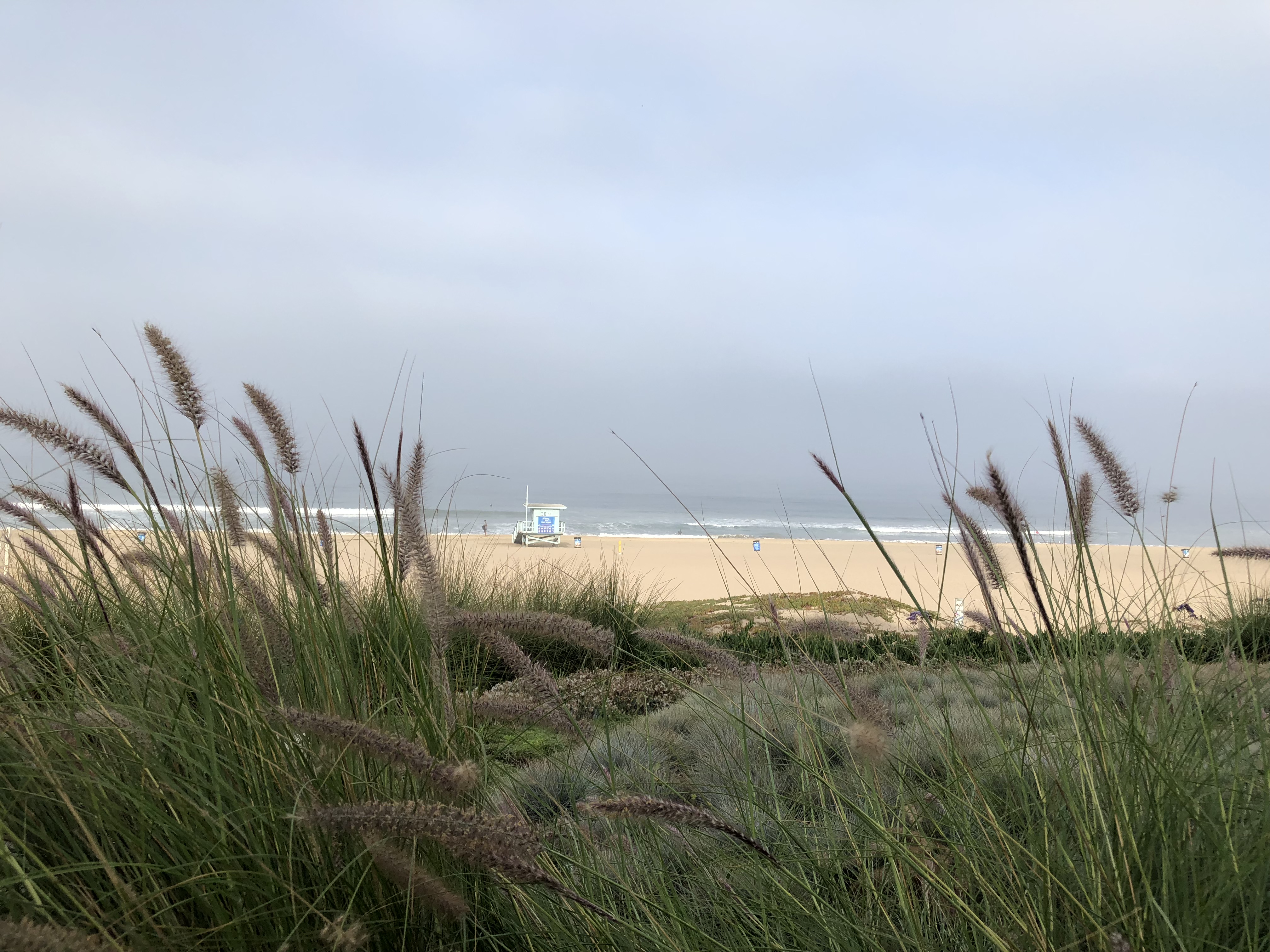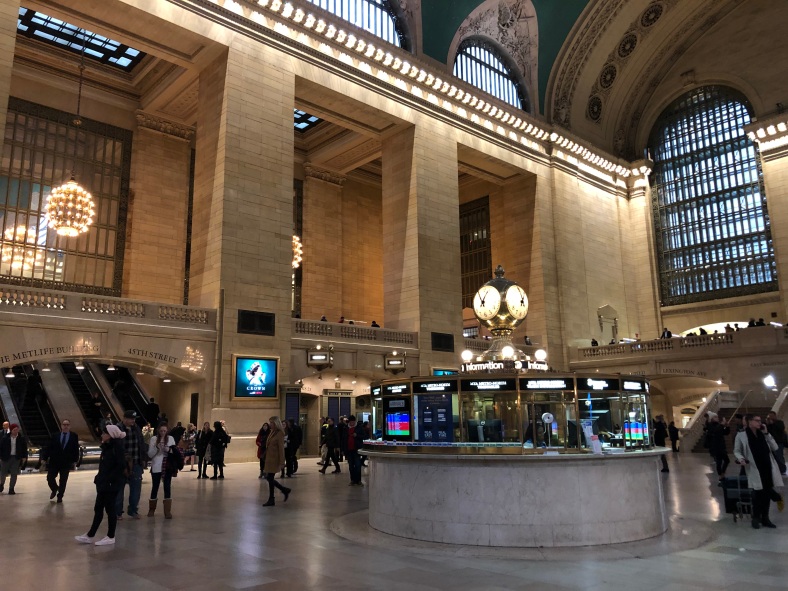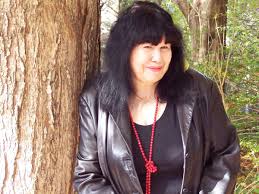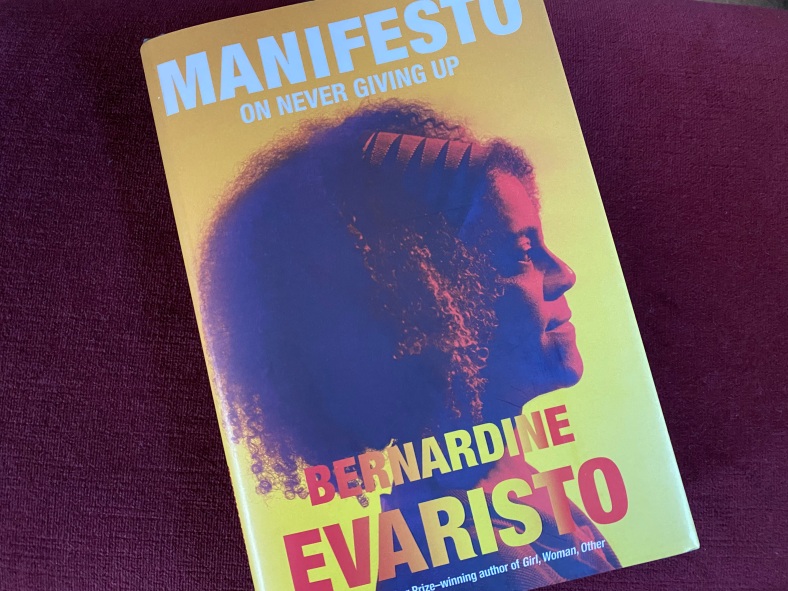This week@work the majority of the stories fell into one category: broken models and attempts to create band aid solutions.
As we’re living longer, the traditional cycle of study, work, retire has been rendered obsolete. We may blame technology for disrupting our work lives, but it’s the human decisions that are realigning the workplace.
In the talent wars, employers entice employees with the opportunity to work ‘out of the office’, yet tether them with ‘workations’. Teachers lacking sufficient wages and benefits participate in the ‘sharing’ economy and solicit donations of vacation days to cope with serious illness. And a university will offer their current and future students a full tuition scholarship to address the burgeoning cost of medical school.
 We spend our days trying to figure out new ways to extend our lives, maintain our looks and yet we seem to have ignored the reality that our work life might also extend beyond traditional retirement age.
We spend our days trying to figure out new ways to extend our lives, maintain our looks and yet we seem to have ignored the reality that our work life might also extend beyond traditional retirement age.
Pavel Krapivin explores ‘The Study, Work, Retire Model Is Broken As We Live Until 100’.
“Much of life over the past century conformed to the three-stage model of study, work, retire. It’s a model that was predicated on reasonably high levels of stability, both in the skills required in the workplace and also the labor market itself. Training in one field and then having one or two employers for the majority of your working life was commonplace, but it’s a model that is increasingly being challenged.
Rapidly changing technologies have rendered the shelf-life of skills shorter than ever before, while medical advances mean that the majority of children born today will live to 100 years of age. This longevity will cause ruptures in the three-stage model that dominates the Western world and predicate a transition towards a more multi-stage life that will see working, learning and resting blend into one.”
He identifies six core challenges that set the agenda for future organizational planning: “managing mature workers, flexible working, a multi-generational workforce, a world of options, learning how to learn and a less rigid path.”
 Unfortunately, we’re not doing a very good job of coping with current organization dynamics. Human resource professionals rarely have a seat at the strategic planning table. Each of these challenges involve people.
Unfortunately, we’re not doing a very good job of coping with current organization dynamics. Human resource professionals rarely have a seat at the strategic planning table. Each of these challenges involve people.
Louis Hyman identifies human choice as the primary factor in workplace disruption. ‘It’s Not Technology That’s Disrupting Our Jobs’
“…when we talk about today’s economy, we focus on smartphones, artificial intelligence, apps. Here, too, the inexorable march of technology is thought to be responsible for disrupting traditional work, phasing out the employee with a regular wage or salary and phasing in independent contractors, consultants, temps and freelancers — the so-called gig economy.
But this narrative is wrong. The history of labor shows that technology does not usually drive social change. On the contrary, social change is typically driven by decisions we make about how to organize our world. Only later does technology swoop in, accelerating and consolidating those changes.
…it reminds us that far from being an unavoidable consequence of technological progress, the nature of work always remains a matter of social choice. It is not a result of an algorithm; it is a collection of decisions by corporations and policymakers.”
Again, the human factor. We have a choice.
Our attempts to adjust to change are ‘band aids’, attempts to cover the wounds of a painful workplace structure. Three stories that just made my blood boil this week@work described the concept of ‘workation’ and the continuing plight of underpaid teachers in the U.S.
 Take a minute to view the video segment from Sunday Today, describing the new trend of ‘workations’. Basically you can work anywhere on the planet as long as you meet your goals. The segment, sub-titled ‘Flexible ‘workcations’ let employees stay connected far away from the office’, profiled one professional who has opted to participate in a Friday remote working option offered by her employer.
Take a minute to view the video segment from Sunday Today, describing the new trend of ‘workations’. Basically you can work anywhere on the planet as long as you meet your goals. The segment, sub-titled ‘Flexible ‘workcations’ let employees stay connected far away from the office’, profiled one professional who has opted to participate in a Friday remote working option offered by her employer.
“The turning point was when I realized my client doesn’t know the difference. As long as I’m answering my emails on time, I’m answering their calls, I’m accessible, they don’t know if I’m in California or if I’m down the street in New York.”
Billed as a way to meet the challenge of providing workplace flexibility, I wondered, as I watched her walk along the beach in California, how many of her colleagues had the financial resources to access this option.
And then there were the two stories of folks who go to work educating our children.
 Alia Wong reported ‘Low Pay Has Teachers Flocking to the Sharing Economy’.
Alia Wong reported ‘Low Pay Has Teachers Flocking to the Sharing Economy’.
“Airbnb, the popular platform that lets people rent out their homes and apartments, released the results of a volunteer survey this week containing the striking statistic that nearly one in 10 of its hosts in the United States is an educator. In some states the trend appears to be even more pronounced—more than a quarter of all Airbnb hosts in Utah and Wisconsin, for example, work as teachers or in education (the company includes in that category administrators and college professors). This is especially noteworthy given that an analysis of census and National Center for Education Statistics figures suggests that just less than 2 percent of adults in the country work as full-time K–12 teachers.
Many of these 45,000-plus educators in the U.S. are presumably using Airbnb to supplement their regular income, as teachers struggle with stagnant, if not declining, pay. The average annual salary for K–12 public-school teachers is roughly $58,000, and they typically spend a sizable chunk of that on classroom supplies integral to their jobs.
The typical teacher host earned $6,500 through Airbnb last year—hardly a negligible boost for financially strapped educators. And for many teachers, that boost is far more appealing than other means of supplementing their incomes.”
Pair that with the story this week of the Florida history teacher diagnosed with cancer who had exhausted his supply of sick leave before his treatment ended. Did his employer step in to help? No, he used social media to request donations of sick leave from colleagues, and was overwhelmed when the response far exceeded the 20 days he had requested.
Understand why my blood is boiling? Not only are teachers using their creativity to supplement their income in order to live, they are now forced to beg for supplemental benefits from other teachers. And that folks tells you a lot about our priorities.
The last story is good news for the medical students at NYU. In a pioneering effort, the school will offer full tuition scholarships to current and future students.
 “The announcement from the medical school’s trustees, leaders, and faculty was delivered this morning to first-year medical students and family members as a surprise ending to the annual White Coat Ceremony, where each new student is presented with a white lab coat to mark the start of their medical education and training.
“The announcement from the medical school’s trustees, leaders, and faculty was delivered this morning to first-year medical students and family members as a surprise ending to the annual White Coat Ceremony, where each new student is presented with a white lab coat to mark the start of their medical education and training.
“Thanks to the extraordinary generosity of our trustees, alumni, and friends, our hope—and expectation—is that by making medical school accessible to a broader range of applicants, we will be a catalyst for transforming medical education nationwide,” says Kenneth G. Langone, chair of the Board of Trustees of NYU Langone Health. The yearly tuition costs covered by the scholarship are $55,018.”
The hope is to diversify the composition of the student body as well as the choice of specialty after graduation.
If we’re now reflecting on our work/life cycle in terms of a century, we’ll need the expertise of these educators and medical professionals to provide the support to achieve success. Perhaps it’s time to reorder our priorities.
This week@work consider the complexity of a 100 year lifetime and imagine what innovations you could apply to replace the broken models.
Photo credit: LA Unified courtesy KPCC, White Coat Ceremony courtesy NYU School of Medicine







 We spend our days trying to figure out new ways to extend our lives, maintain our looks and yet we seem to have ignored the reality that our work life might also extend beyond traditional retirement age.
We spend our days trying to figure out new ways to extend our lives, maintain our looks and yet we seem to have ignored the reality that our work life might also extend beyond traditional retirement age. Unfortunately, we’re not doing a very good job of coping with current organization dynamics. Human resource professionals rarely have a seat at the strategic planning table. Each of these challenges involve people.
Unfortunately, we’re not doing a very good job of coping with current organization dynamics. Human resource professionals rarely have a seat at the strategic planning table. Each of these challenges involve people. Take a minute to view the video segment from
Take a minute to view the video segment from 
 “The announcement from the medical school’s trustees, leaders, and faculty was delivered this morning to first-year medical students and family members as a surprise ending to the annual White Coat Ceremony, where each new student is presented with a white lab coat to mark the start of their medical education and training.
“The announcement from the medical school’s trustees, leaders, and faculty was delivered this morning to first-year medical students and family members as a surprise ending to the annual White Coat Ceremony, where each new student is presented with a white lab coat to mark the start of their medical education and training.







